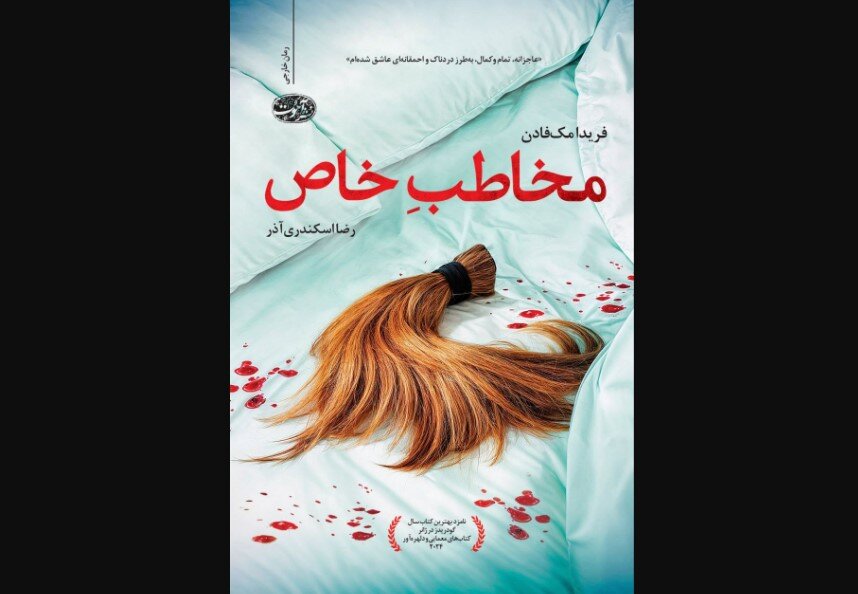
Similar Posts
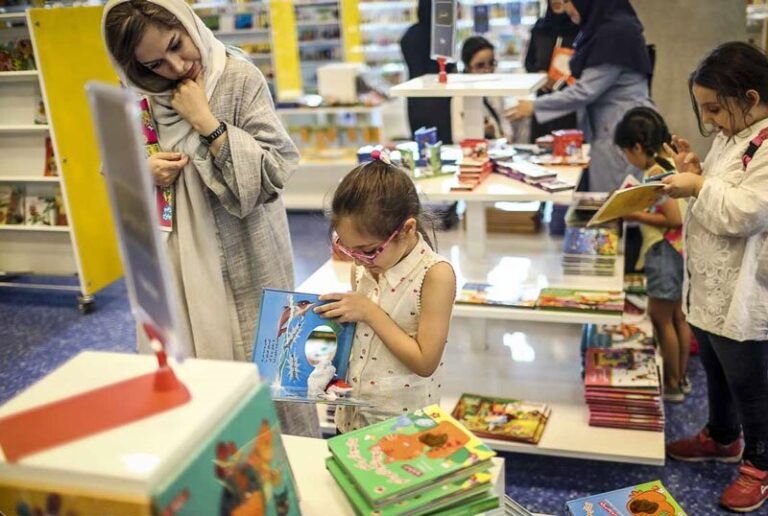
Explore 31,000+ Exciting Titles for Kids and Teens at the 36th TIBF!
The 36th Tehran International Book Fair (TIBF) is set to take place from May 7 to 17, featuring an impressive 230 publishers in the children’s and young adult section, a 31-publisher increase from last year. The section will cover 13,000 square meters and showcase 31,792 titles approved by the Iran Book and Literature House. A collective pavilion will offer access to books from absent publishers. Despite economic challenges, the fair continues to attract visitors, including university students and scholars, emphasizing the significance of reading. This year’s slogan, “Let’s Read for Iran,” highlights the fair’s commitment to promoting literacy in the nation.
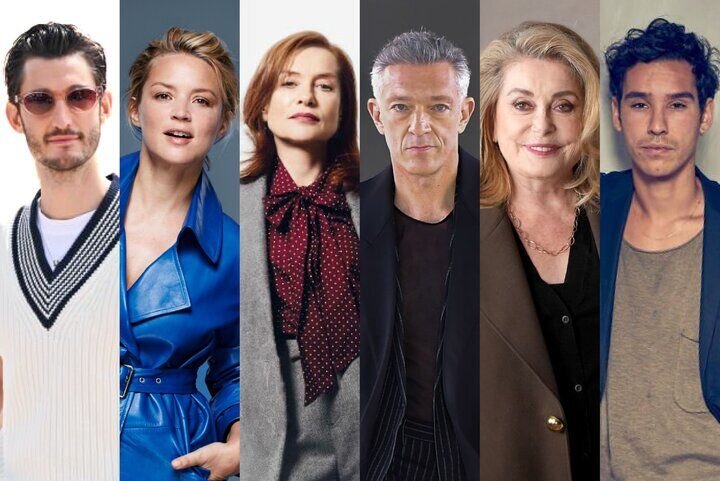
Asghar Farhadi Set to Direct His 10th Film in France: A Cinematic Milestone!
Renowned Iranian filmmaker Asghar Farhadi is set to return to Paris with his new film, “Parallel Tales,” his first French-language project since “The Past” in 2013. The film features a stellar cast, including Isabelle Huppert, Virginie Efira, Vincent Cassel, Pierre Niney, and rising star Adam Bessa, along with a special appearance by Catherine Deneuve. While the storyline is under wraps, the film is a French-Italian-Belgian co-production, with shooting beginning this fall. Farhadi has won two Academy Awards and is known for tackling profound social issues in his films. “Parallel Tales” is expected to release in Spring 2026.
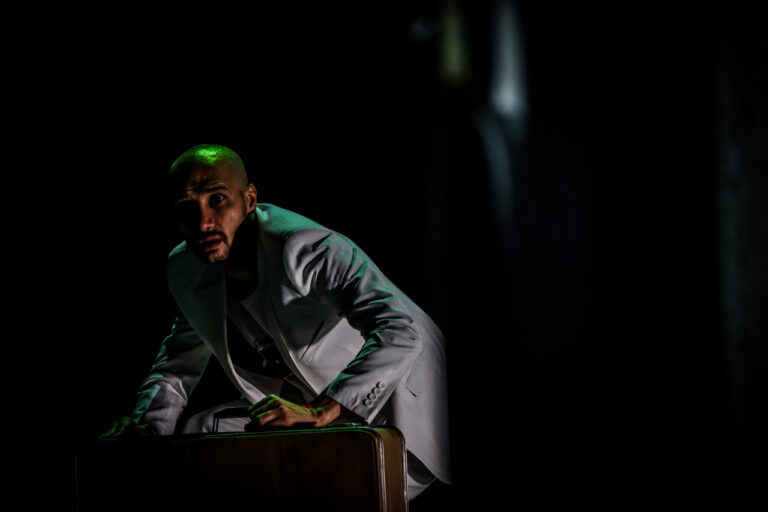
Iran’s ‘Rectangle’ Shines at Fujairah Monodrama Festival: A Spotlight on Innovative Theater
The Iranian play “Rectangle,” directed by Sahra Ramezanian, gained significant acclaim at the 11th Fujairah International Monodrama Festival in the UAE, securing a top-three position and a prestigious statuette. This recognition underscores the rising influence of Iranian theater globally. The production features a talented cast including Ali Mirnezhad and Amir Bahador Oraei, and has previously been showcased at other international festivals like HIGHFEST in Yerevan and the Inspiration International Festival in Moscow. The festival highlighted the power of storytelling and cultural exchange, marking “Rectangle” as a notable representative of contemporary Iranian theater.
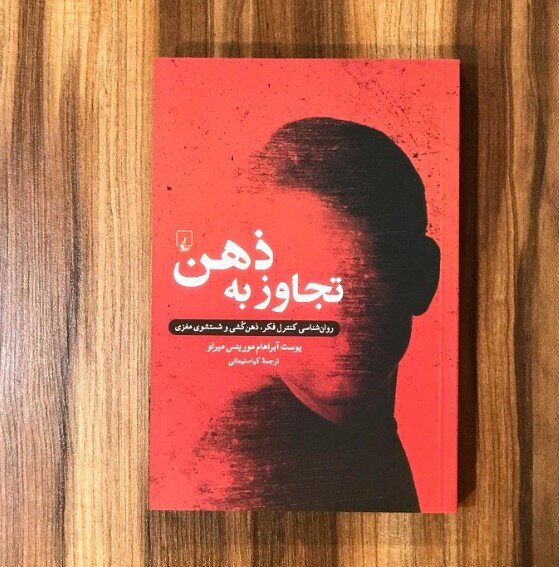
Unlocking Minds: Meerloo’s Groundbreaking Book on Mental Pressure Now Available in Persian!
Tehran recently saw the Persian release of Joost Abraham Maurits Meerloo’s influential 1956 book, “The Rape of the Mind,” translated by Kia Soleimani. This work examines the psychology of mental coercion, brainwashing, and thought control, highlighting the dangers of manipulated thinking and the erosion of mental integrity. Meerloo discusses methods employed by totalitarian regimes and the cultural infiltration of coercive ideologies. His analysis underscores the strategic role of mass psychology in oppressive systems, making the book essential for psychology students, cultural critics, and general readers. The translation invites Persian-speaking audiences to engage with these critical themes of mental autonomy and vigilance against coercion.

Imam Reza Graphic Festival: Celebrating Resistance and Solidarity with Palestine
The 9th edition of the Imam Reza Graphic Festival is shifting its focus to modern struggles, particularly the fight against oppression and the plight of the Palestinian people, especially in Gaza. Organizers emphasize themes like fighting oppression, confronting imperialism, and advocating for marginalized communities, moving away from previous themes of compassion. The festival aims to engage artists in creating impactful works that resonate with social justice issues, showcasing diverse artistic expressions. Set to culminate on May 9 in Mashhad, the festival seeks to honor Imam Reza’s legacy while inspiring dialogue and action on pressing global challenges.
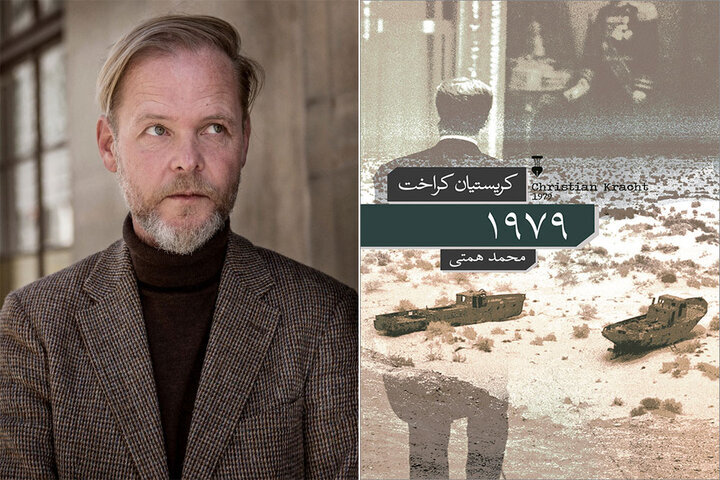
Discover Christian Kracht’s ‘1979’: Now Available in Persian!
The Persian translation of Christian Kracht’s acclaimed 2001 novel “1979” is now available in Iranian bookstores, translated by Mohammad Hemmati and published by Nashr-e Now. The novel, set during the Iranian Revolution of 1979, follows a young man’s tumultuous journey from Tehran to Tibet, where he is captured by the Chinese military. Amid political chaos, he seeks solace in art and culture, reflecting on themes of alienation and Western consumerism. Kracht’s work critiques the fragility of Western values against totalitarianism, making the novel a significant exploration of historical and personal identity.